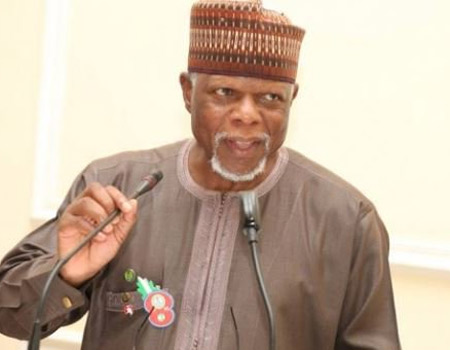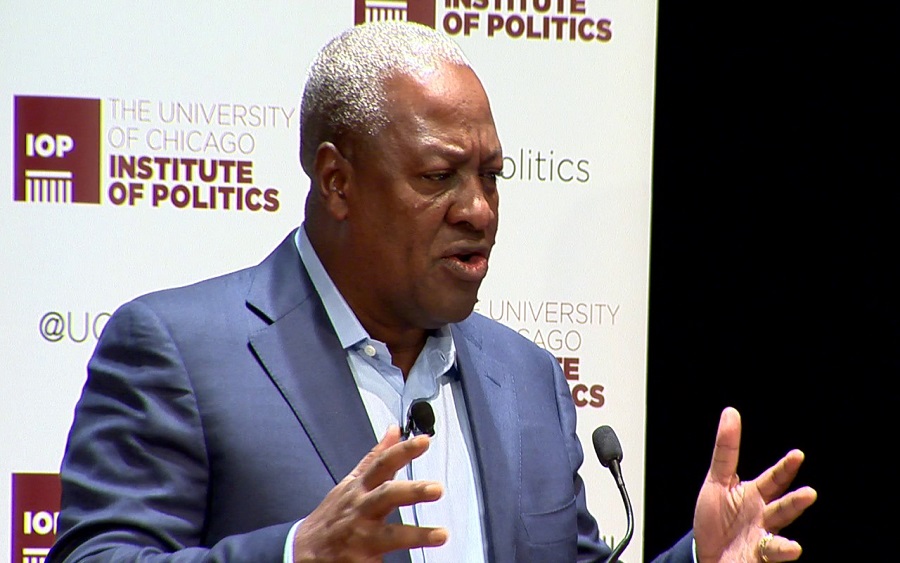Comptroller General of Customs, Col. Hameed Ali (Rtd), says the closure of Nigeria’s land borders is yielding positive results as the country has saved the 30% of fuel consumed by Nigerians.
He stated this while appearing before the House of Representatives Committee on Customs.
Ali, who was supportive of the country’s decision to stop the supply of petroleum products to the petrol stations 20km to the border, promised that the directive would be reviewed since it was not a permanent order.
He said the government took that line of action to stop Nigeria from subsidizing fuel for other countries.
The Customs boss noted that they were able to successfully halt operations of border petrol stations through the assistance of the Department of Petroleum Resources (DPR) which provided the Customs with a list of petrol stations licensed to operate in the area. The information was gotten at a high-security level meeting.
Ahmed Rufai Shakur, the Director of Department of Petroleum Resources (DPR), said 1,323 fuel stations were operating in Nigeria’s border communities. Giving a breakdown of the fuel stations in operation at the border, he said about 400 fuel stations were operating illegally, while 923 were operating legally.
Shakur advocated for the licensing of three or four border stations with adequate petrol supply and proper monitoring. This will help them track the record of fuel supplies and enable the Customs monitor dispensation and sale.
In a bid to ensure transparency in petroleum consumption and distribution, a team of 89 persons was inaugurated by the Federal Government under the code – “Operation White.” The team has been tasked to track fuel consumption in the country.
Members of the team were drawn from the Nigerian National Petroleum Corporation (NNPC), Department of Petroleum Resources (DPR), Petroleum Products Pricing Regulatory Agency (PPPRA), Petroleum Equalization Fund (PEF) as well as the Department of State Security (DSS).

 Comments and Issues2 days ago
Comments and Issues2 days ago
 Business6 days ago
Business6 days ago
 Business1 week ago
Business1 week ago
 Business1 week ago
Business1 week ago
 Business5 days ago
Business5 days ago
 Education7 days ago
Education7 days ago
 Comments and Issues5 days ago
Comments and Issues5 days ago
 News6 days ago
News6 days ago






